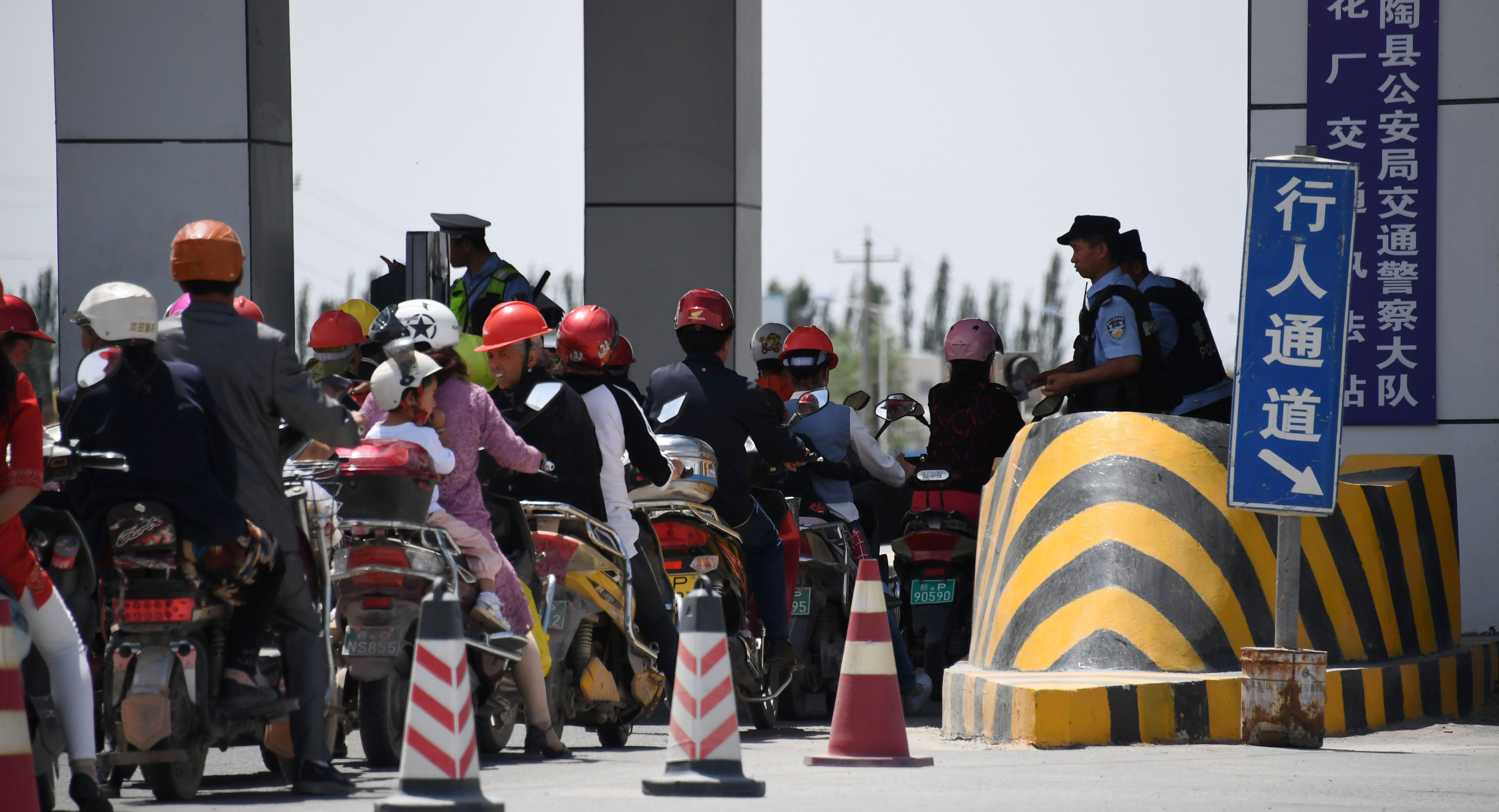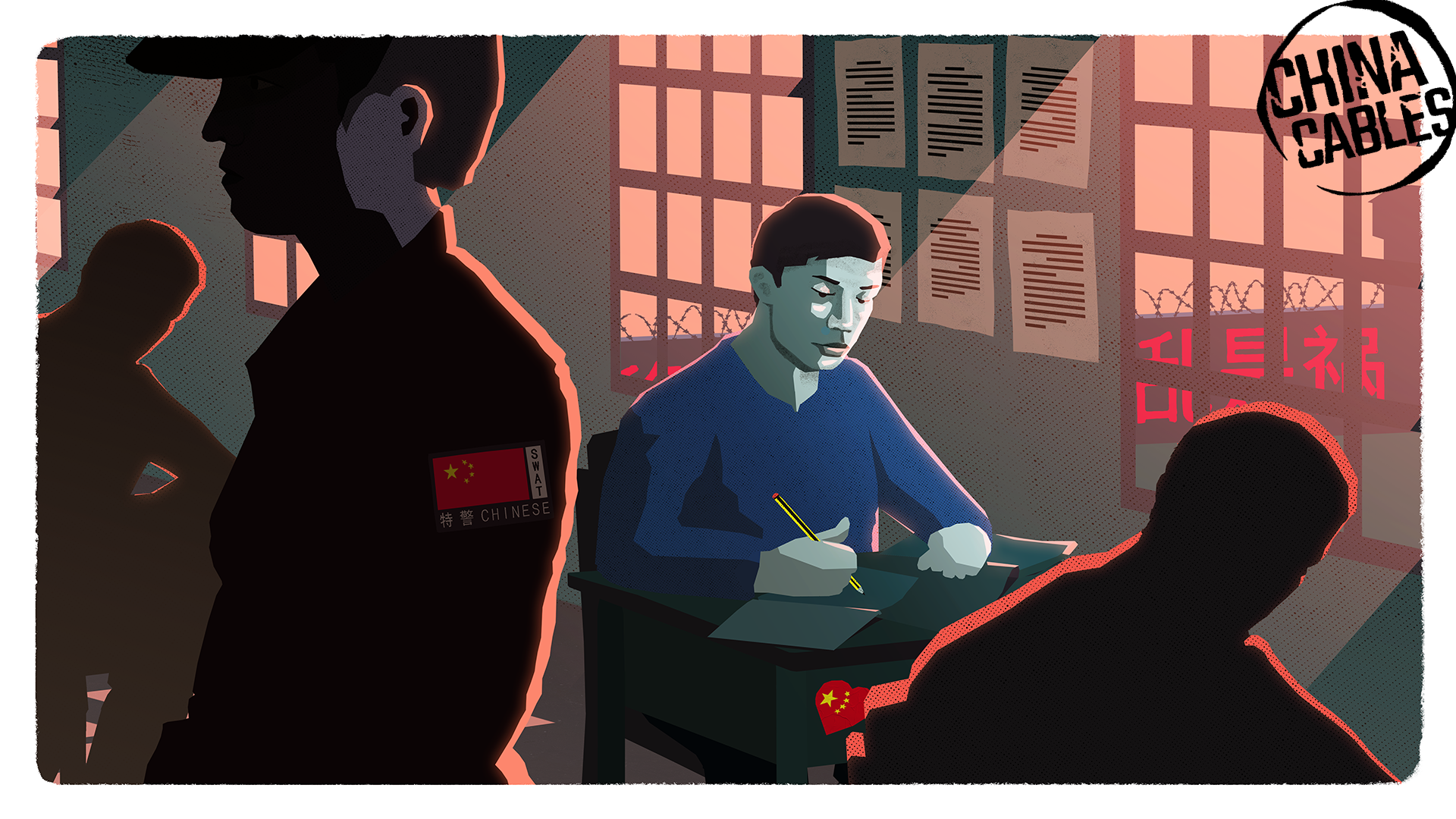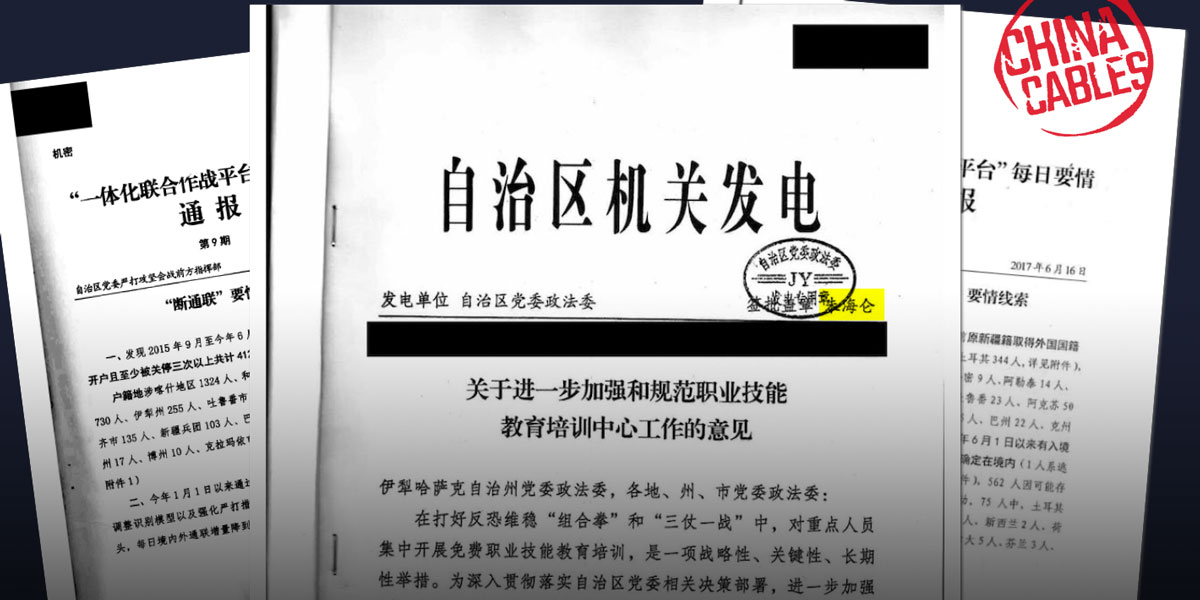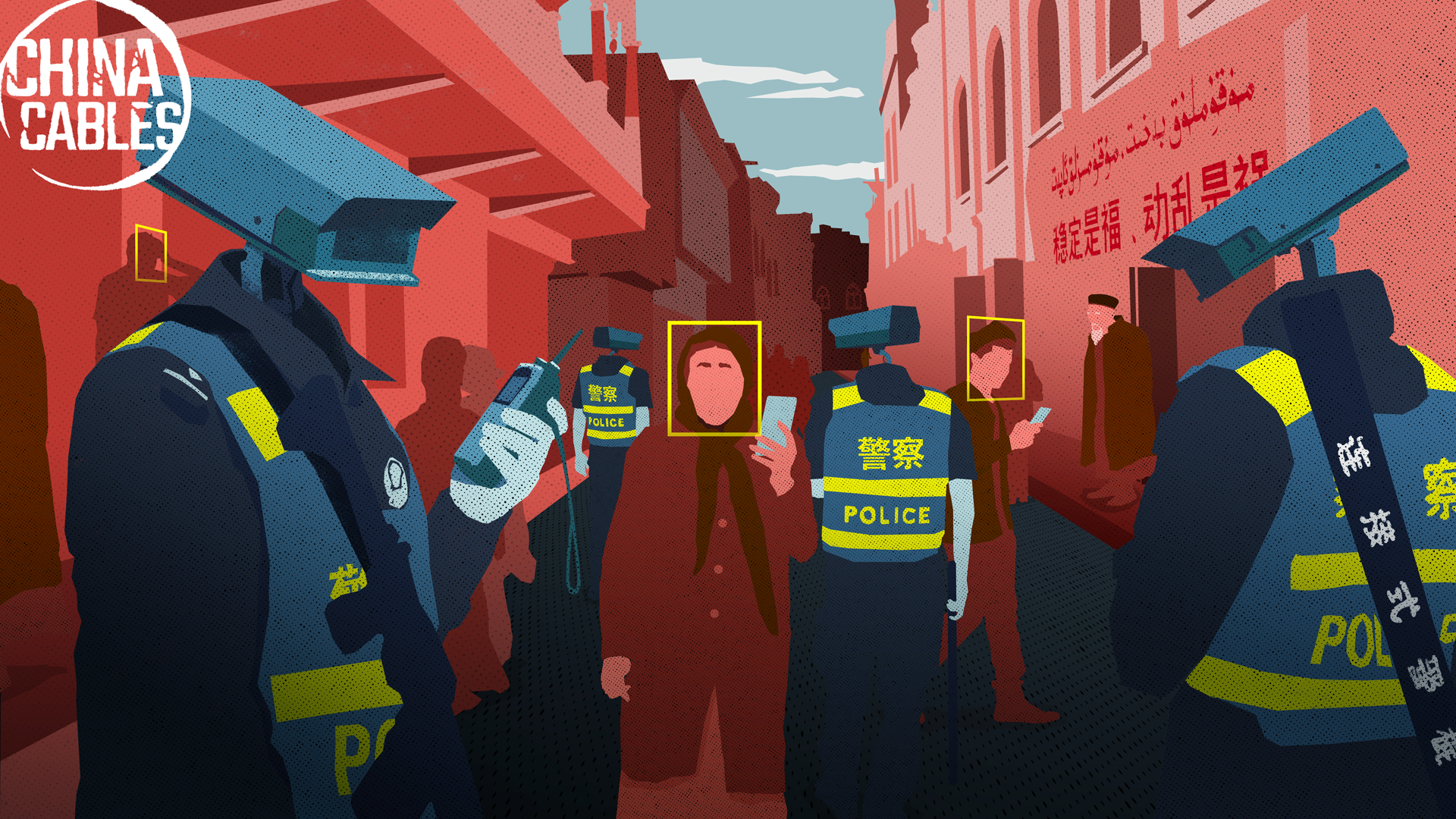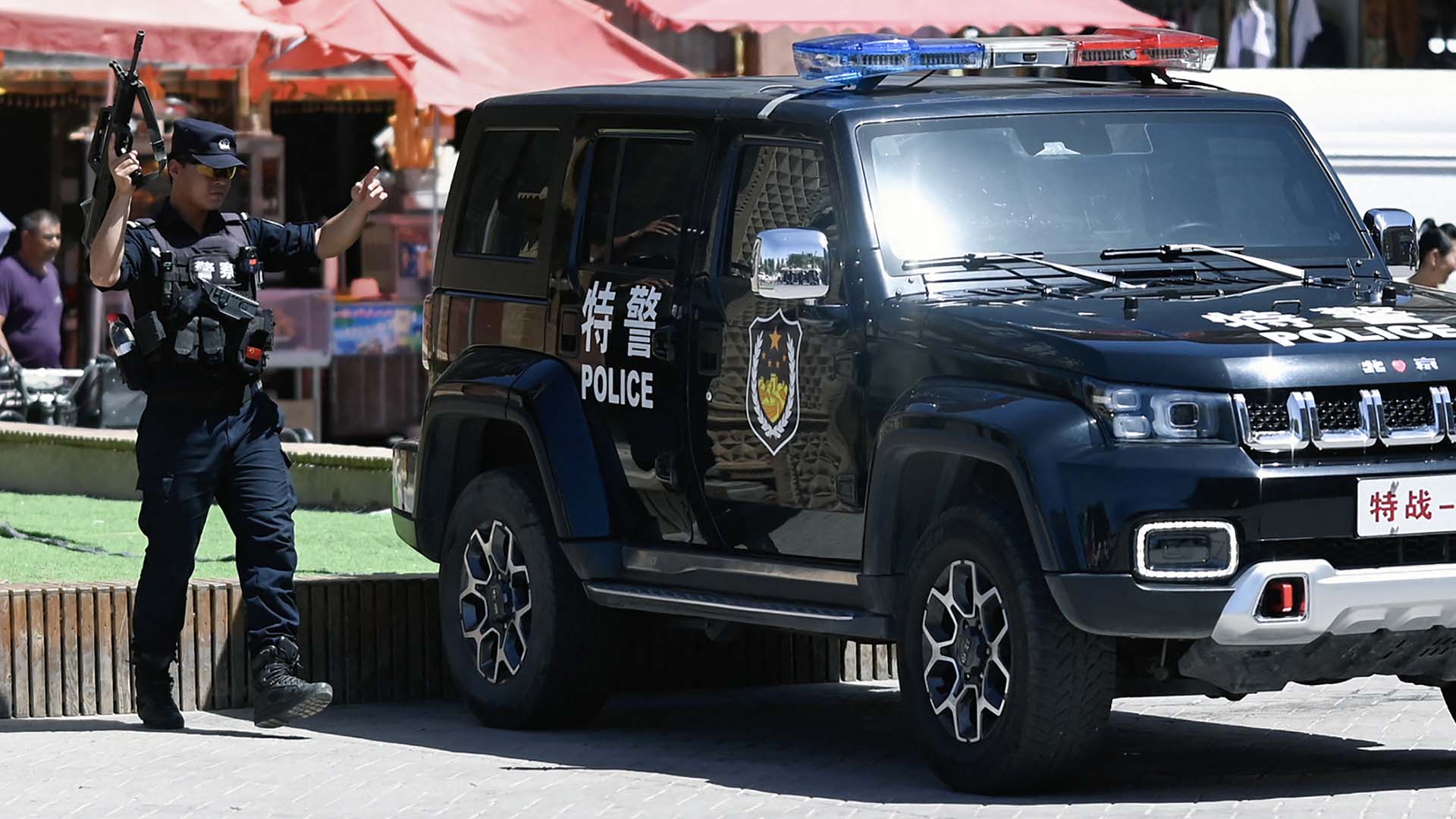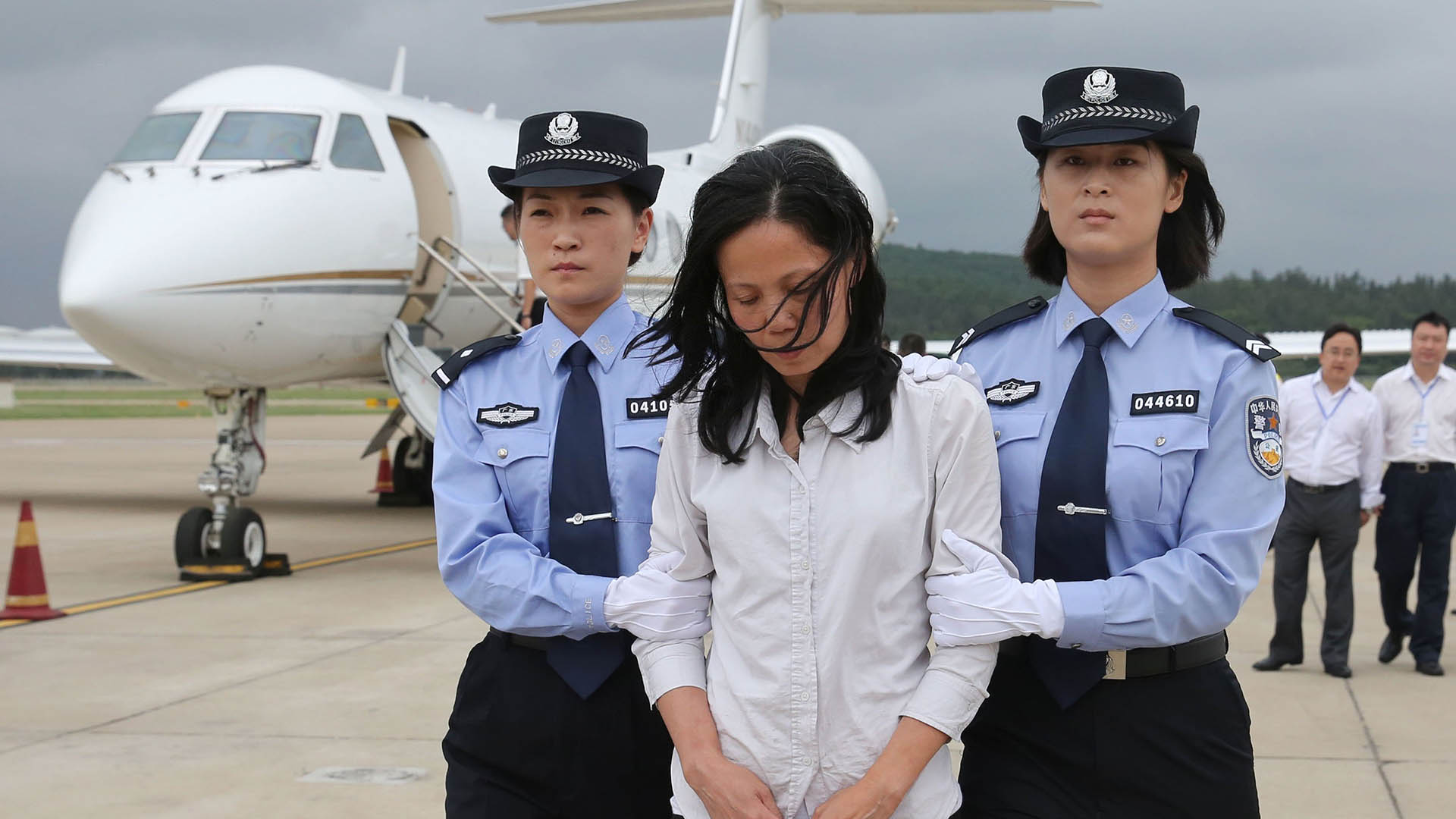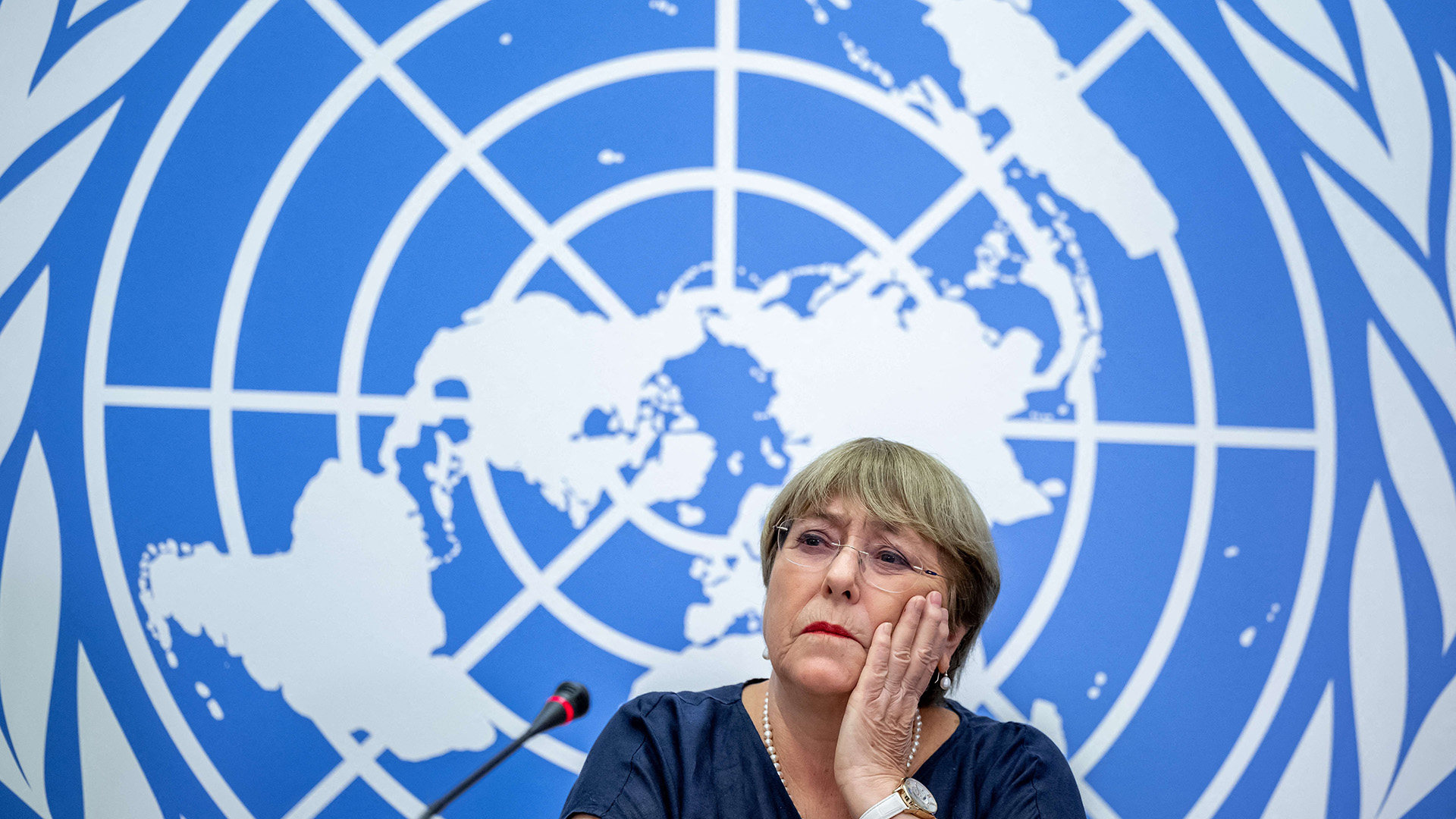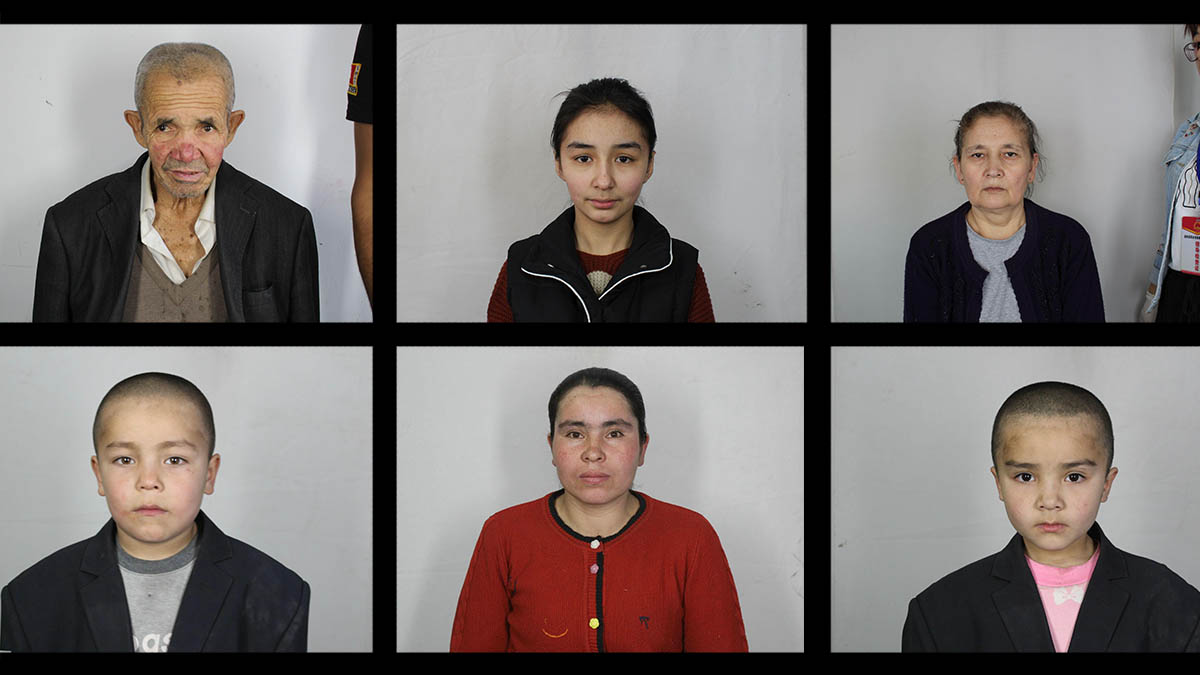The United States House of Representatives has overwhelmingly passed a bill calling on the Trump Administration to sanction Chinese officials responsible for mass detentions and other human rights abuses against ethnic minorities in Xinjiang.
The Uighur Act of 2019 was approved by a vote of 407 to 1, and will now head to the U.S. Senate, where it must be reconciled with a similar bill that passed in September.
The legislation’s approval comes just over a week after the International Consortium of Investigative Journalists published its China Cables investigation, which revealed the secret operations manual for China’s internment camps in Xinjiang.
The investigation showed that the camps hold detainees in prison-like conditions and force them to undergo ideological indoctrination, contrary to the Chinese government’s insistence that they are humane vocational training centers. It also uncovered the mechanics of China’s massive surveillance and data collection system in Xinjiang, which uses artificial intelligence to select entire categories of the population for detention.
The House bill includes a call for sanctions against Chen Quanguo, the Communist party chief in Xinjiang who is believed to be a leading architect of China’s crackdown. Chen is a member of China’s 25-member Politburo, the highest committee of the Chinese Communist Party, and China reacted angrily to news of the bill’s approval.
“The issue that Xinjiang faces is not about ethnicity, religion or human rights. Rather, it is about fighting violence, terrorism and separatism,” said Chinese Foreign Ministry spokesperson Hua Chunying, according to a report by CNN.
Hua warned the U.S. against further action. “It’s impossible that it will not affect China-U.S. relations or cooperation in important areas,” she said.
In addition to sanctions against senior officials, the bill also calls on the Administration to consider prohibiting sales of U.S.-made goods and services to Chinese government agencies in Xinjiang, and for U.S. companies to publicly demonstrate that their commercial activities in China are not contributing to human rights abuses.
[newsmatch-insiders]
The bill’s approval comes as prominent technology companies are facing additional scrutiny for potential connections to repression in Xinjiang. On Oct. 7, the Trump Administration blacklisted eight Chinese companies, including the massive video surveillance firms Hikvision and Dahua, for their role in mass surveillance of Uighurs and other minorities.
Last week, the Australian Strategic Policy Institute published a report detailing new activities in Xinjiang by other major companies, including ByteDance, the parent company of popular communications app TikTok, and the telecommunications giant Huawei.
The report found that ByteDance had signed a strategic cooperation agreement with China’s Ministry of Public Security to promote Chinese police departments on a video-sharing app called Douyin. The agreement also calls for unspecified offline cooperation between ByteDance and police departments, according to the report.
In addition, ByteDance has helped Xinjiang authorities use Douyin and another of its apps in a campaign to burnish the image of Hotan, a region in Xinjiang that is the site of numerous internment camps.
Huawei, which has already been blacklisted by the U.S. on unrelated national security grounds, has collaborated extensively with security agencies in Xinjiang, the Australian report found. This cooperation included a program called “Safe Xinjiang” that it described as “code for a police surveillance system,” and an agreement with the Xinjiang Public Security Department to set up an “intelligent security industry” innovation lab in Urumqi, the region’s capital.
Neither ByteDance nor Huawei responded to ICIJ’s email inquiries. ByteDance has previously said that it is not involved in surveillance, and simply is allowing security services to set up user accounts, according to a report in the Washington Post.
ICIJ’s partners at Kyodo News reported that Japanese multinationals Sony and Sharp are providing parts used in Hikvision’s security cameras, despite Hikvision’s blacklisting by the U.S.
A spokesman for Sharp declined to comment on the company’s customers, but cited other news reports that specified the information was based on its previous product brochures.
Sony did not respond to ICIJ’s email inquiry.
